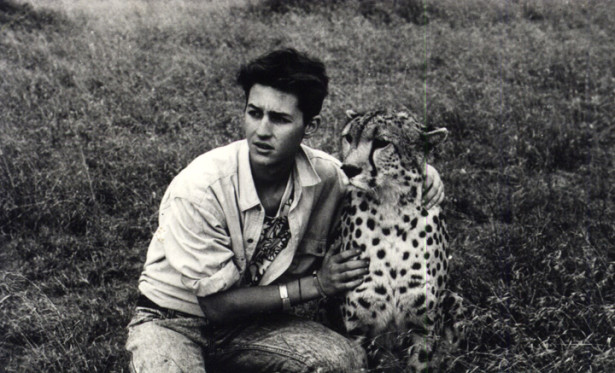“Stand on the shoulders of giants.” It’s Google Scholar’s slogan, but it could just as easily be ours. The work we’ve done and continue to do is only possible because of others who have come before us.
The United Nations designated August 19th as World Humanitarian Day. It is a day to celebrate the work of those who have come before us and those who work with us to improve the human experience and eradicate human suffering.
Each week leading up to World Humanitarian Day, we will be highlighting a humanitarian we personally admire – those who have pushed the boundaries in order to make the world a little better.
//

“To explore the unknown and the familiar, distant and near and to record in detail with the eyes of a child… Select your team with care, but when in doubt, take on some new crew and give them a chance. But avoid at all costs fluctuations of sincerity with your best people.”
–Dan Eldon
Dan Eldon spent his life documenting the human experience in a war zone. In his teenage years, he was caught in the middle of an attempted coup in Kenya. While his mother reported on incidents in the area (she was a journalist), Dan began photographing what he saw. His pictures were subsequently used in local newspapers.
He spent his college years traveling through Africa, from Malawi to Morocco. Between trips, he created the student-led organization Student Transport Aid, fundraising over $25,000 for reconstruction efforts in Mozambique.
In 1992, a massive famine struck Somalia. Eldon immediately flew to Kenya and began documenting the situation in regional refugee camps, eventually finding his way to Mogadishu, the capital of Somalia. There, he was hired by Reuters as their youngest photojournalist, ever.
His work was featured worldwide. He gave faces and names to the humanitarian crisis engulfing Somalia; he made people care.
On July 12, 1993 a botched United Nations military mission in Mogadishu left 74 innocent Somali men, women and children dead. Eldon and three other journalists were the first on the scene to document and report on the damage. While photographing the bomb site, the surrounding mob attacked the journalists.
Eldon, 22, lost his life doing what he did best — showing the world that both human suffering and joy are universal.
We are inspired by Dan Eldon’s sense of adventure, caring heart, and determination. Some said he was too young to make a difference. But his legacy — his photographs, journals, and life story — tell a different story.
Without Dan Eldon, Invisible Children would not exist. Find out more about Invisible Children’s connection with Eldon here.
Think people should hear about this?